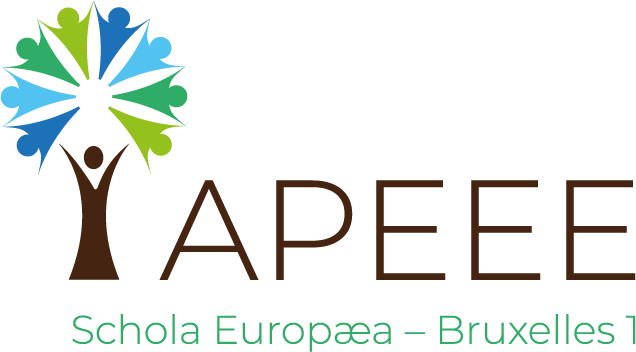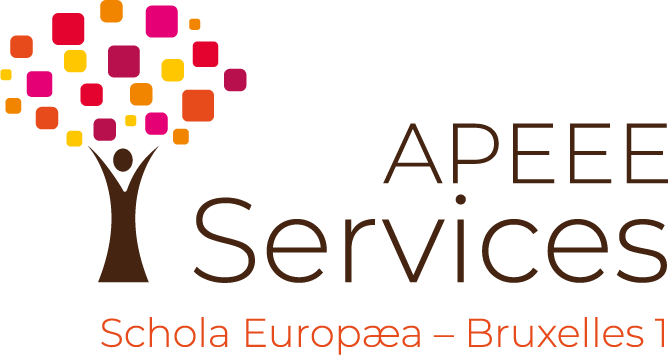L2 Bilingual Classes
Primary Interlocutor: PedGroup Language Subgroup
L2 FR/EN/DE teaching in EEBI has for more than a decade been organised in mixed-ability groups. These were for L2 FR/EN complemented by a separate beginners' group when necessary, as well as so-called "bilingual groups" for children with native or near-native proficiency in their L2. This was a bottom-up initiative by the language teachers to facilitate teaching and appropriate learning for all students while taking account of the learning needs of those at the two extreme ends of the spectrum (beginners and bilinguals), regarded as qualitatively different to mainstream L2 learners.
The school director announced at the end of the 2018-2019 school year his intention to launch a pilot regarding the organisation of L2 in the 2019-2020 school year. The pilot would in certain year levels replace the bilingual and beginner L2 classes with mixed ability classes and some so-called "enrichment" periods for advanced L2 students. In response to the director’s announcement, the APEEE adopted a statement in which inter alia parents call on the school management to ensure that no student is disadvantaged by the pilot and to carry out an objective evaluation of the pilot in order to compare it with the approach used in EEBI for more than a decade.
The enrichment pilot programme was rolled-out in L2 EN, FR and DE in the academic year 2019-2020. The students who were considered the most advanced attended enrichment classes a number of times a week in lieu of their regular L2 classes. At the same time, they remained integrated in the mainstream mixed ability class for the rest of their L2 lessons. The pilot was rolled out in the primary cycle (P4 and P5) and for classes at the beginning of the separate cycles in the secondary (i.e. S1 and S4). Classes halfway through a cycle retained the present structure to avoid disruption. The enrichment pilot was funded from the educational support budget.
The implementation of the L2 pilot programme showed its limitations in catering for the learning needs of students with native/near-native proficiency in their L2 and the school management and language coordinators were made aware of parents’ concerns.
The school management asked Mr Jeroen Masson, the L2 EN coordinator in Secondary, to assess the enrichment pilot. Mr Masson’s Report on the enrichment programme assesses the enrichment pilot as a generally positive experience for regular foreign language learners while recognizing that our school has a significant population of bilingual students with learning needs that are fundamentally different from those of foreign language learners and they should ideally be taught in a separate group. The report suggests that a systemic solution allowing bilingual students to have two L1’s could be a way forward to meet the learning needs of bilingual students. Such a solution would require a decision at the European Schools' Board of Governors. The report confirms that European School Rules don’t prevent bilingual groups and that “it is up to the individual schools to identify these [bilingual] students and devise a way of adapting the class situation to provide a suitable education”. The report provides some insights into the learning arrangements of the pilot, but it does not respond to the APEEE’s request to objectively compare the pilot with the approach used for the past decade. A meaningful evaluation assesses to what extent the pilot is an improvement compared to the previous situation (baseline) and identifies and weighs the pros and cons.
The findings of Mr Masson’s Report on the Enrichment Programme were discussed in a video conference with all stakeholders on 9 June 2020. This was followed by a video conference on 29 June 2020 on the future organisation of L2, during which the director announced (without written documentation) the following permanent changes to the organisation of L2 in EEBI as of September 2020:
- Discontinuation of all bilingual classes (with an exception for the students then in S2 to complete their cycle in S3).
- Enrichment for advanced L2 students from P3 (1 out of 5 weekly L2 periods), P4-P5 (2 out of 5 weekly L2 periods), S1 (2 out of 5 weekly L2 periods), S2-S3 (2 out of 4 weekly L2 periods).
- Enrichment pilot in S4/S5 for another year (1 out of 3 weekly L2 periods) to be evaluated later.
- The teacher of the "regular” mixed ability L2 class is the key person to assess the students, therefore enrichment students have to spend the majority of their time in the “regular" mixed ability class.
- More formalised written testing to select students for the enrichment, with selection three times in the academic year.
- Groups to be established as soon as possible in September, building on the results of the previous academic year.
- More structured programme for enrichment.
- If small L2 classes, decision on the need for enrichment is left to the regular mixed ability teacher (relevant for German L2).
APEEE Position
The APEEE calls on the school management to reconsider its decision on the organisation of L2 and to continue with bilingual classes, while offering enrichment to advanced regular foreign language learners.
- The bilingual classes have run successfully in our school for more than a decade. They started as a bottom-up initiative by the language teachers to facilitate teaching and appropriate learning for all students while taking account of the learning needs of those at the two extreme ends of the spectrum (beginners and bilinguals), regarded as qualitatively different to mainstream L2 learners.
- The Report on the Enrichment Programme 2019-2020 (Report) recognises that our school has a significant population of students with native/near-native proficiency in their L2 [bilingual students] with learning needs that are fundamentally different from those of foreign language learners and they should ideally be taught in a separate group.
- Whilst the APEEE welcomes the enrichment initiative, the pilot showed that it doesn’t meet the needs of students with native/near-native proficiency in their L2 as regular classes are designed for foreign language learners. Enrichment leaves a considerable number of students at a disadvantage compared to the status quo and they are not given enough opportunity to develop their full potential. The APEEE reiterates that management must ensure that neither those who need extra support nor those with native or near-native proficiency lose out under the reorganisation of L2.
- The European School Rules oblige the schools to take into account students’ differing abilities and don’t prevent bilingual groups. As noted in the Report it is up to the individual schools to identify bilingual students and devise a way of adapting the class situation to provide a suitable education. Having a bilingual stream amongst the L2 classes has had no budgetary impact.
- The APEEE supports the proposal to rethink the European Schools’ approach to language learning in order to better take into account the differing needs of students in the special circumstances of the European Schools. However, this will take years and will come too late for currently enrolled students. Pending a systemic solution allowing bilinguals to have two dominant languages (L1s) as suggested in the Report, the APEEE urges the school management to adopt a pragmatic approach whereby separate bilingual L2 EN/FR groups are continued alongside the mixed ability groups and the enrichment for advanced foreign language learners.
Supporting Documents
![]() APEEE: Statement on the Grouping L2 FR-EN (June 2019)
APEEE: Statement on the Grouping L2 FR-EN (June 2019)
![]() EEBI: Report on the Enrichment Programme 2019-2020 (14 May 2020)
EEBI: Report on the Enrichment Programme 2019-2020 (14 May 2020)
![]() APEEE: Statement on Decision to Discontinue L2 Bilingual Classes (July 2020)
APEEE: Statement on Decision to Discontinue L2 Bilingual Classes (July 2020)
![]() IP: Proposal to Develop the Language Policy of European Schools (April 2021)
IP: Proposal to Develop the Language Policy of European Schools (April 2021)
See also: Pedagogical Working Group (PedGroup)
Last update: 11/07/2021



